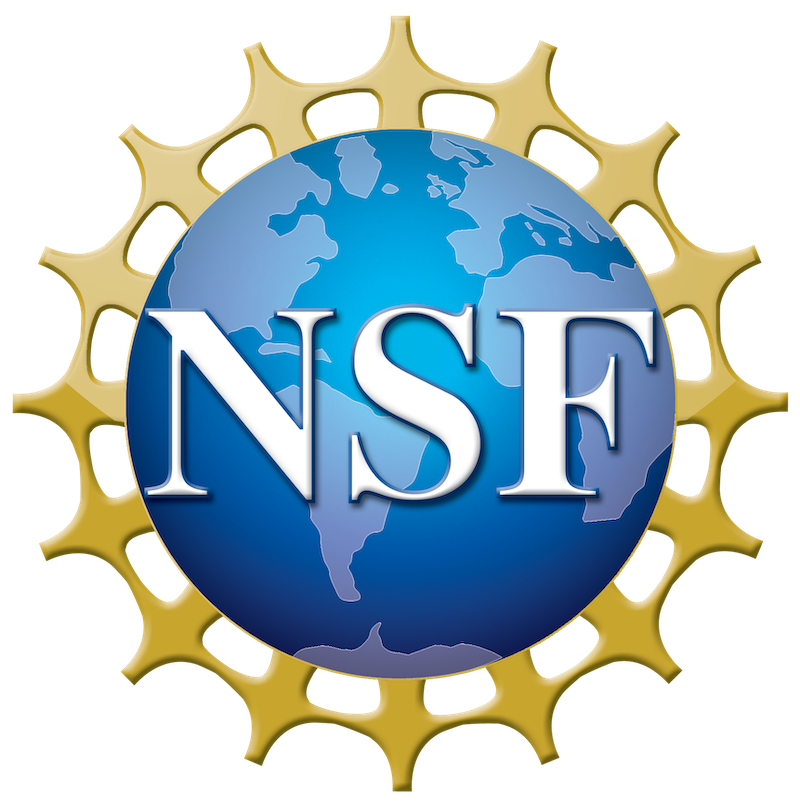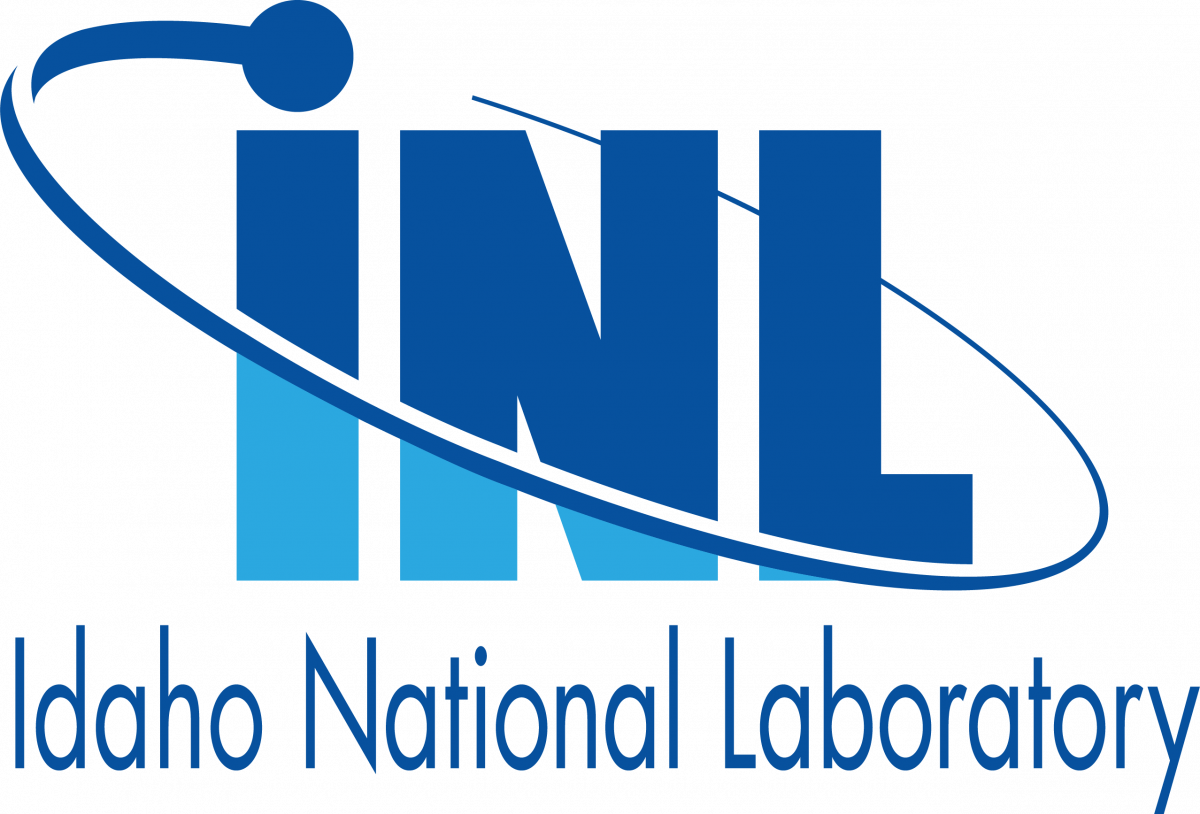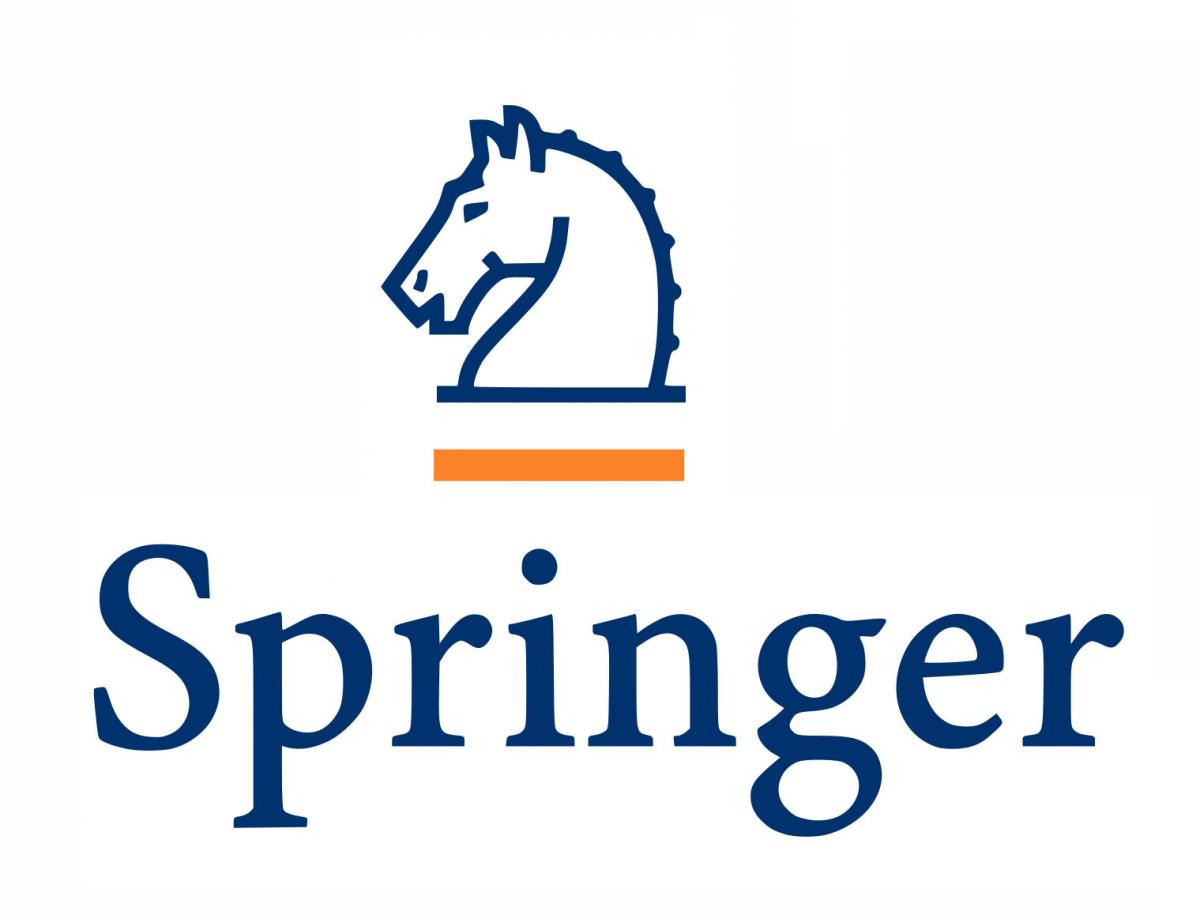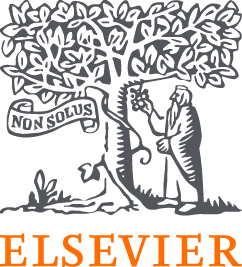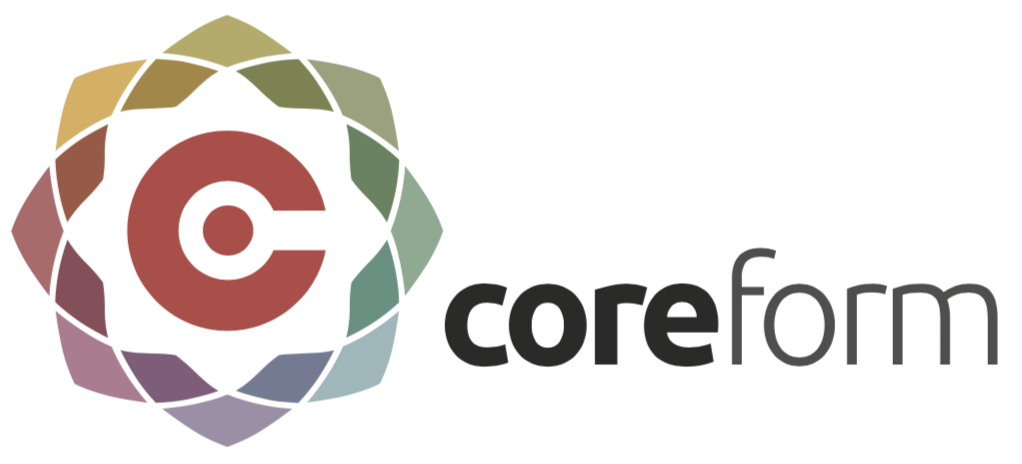Som Dhulipala, Idaho National Laboratory
Zachary Prince, Idaho National Laboratory
Peter German, Idaho National Laboratory
Dewen Yushu, Idaho National Laboratory
Yifeng Che, Idaho National Laboratory
There has been a significant increase in the use of machine learning (ML) techniques to accelerate numerical simulations and uncertainty quantification (UQ) to quantify the trustworthiness of the numerical or ML model predictions. As a result, software tools to perform UQ and ML for modeling and simulations are gaining interest due to their potential to: (1) translate research methods in ML/UQ to applications for practical computational problems; (2) motivate new research on ML/UQ, especially for complex problems like coupled/multi-scale systems, systems with high-dimensional input-output spaces, and systems that take a significant amount of time to simulate; and (3) incorporate technologies like massively parallel computing, exascale computing, and GPU/TPU-based computing into research methods and practical applications. This mini-symposium focuses on recently developed software tools and advancements in existing packages that promote UQ/ML with applications to modeling and simulations. Of specific interest are software tools that are open source. All topics directly addressing or supporting software tools for UQ/ML are welcome in this mini-symposium. These include, but are not limited to, the architecture and usage of a software package, application of a software package to practical computational problems, future directions for software packages to better support UQ/ML of modeling and simulation tasks, etc.


